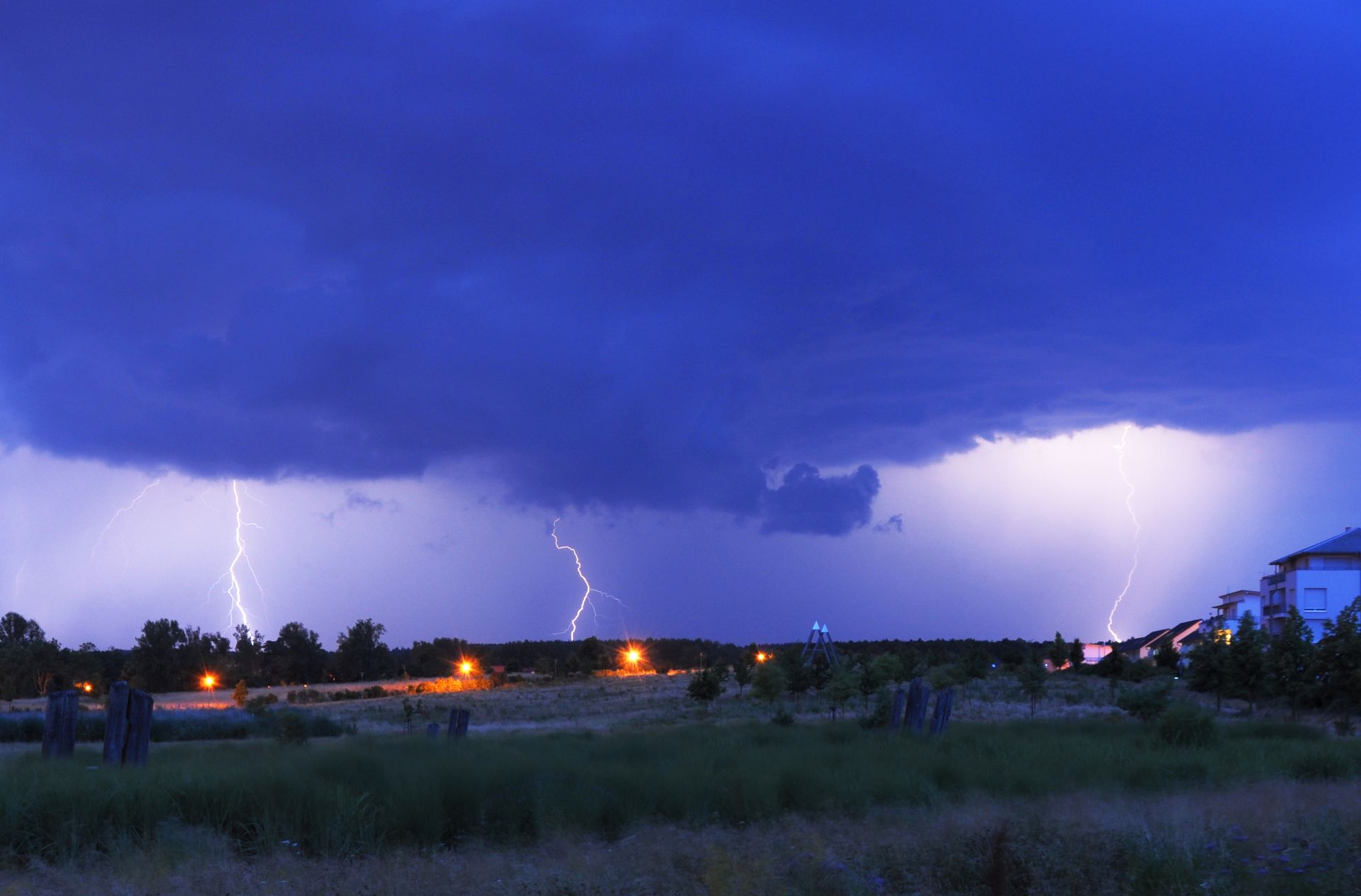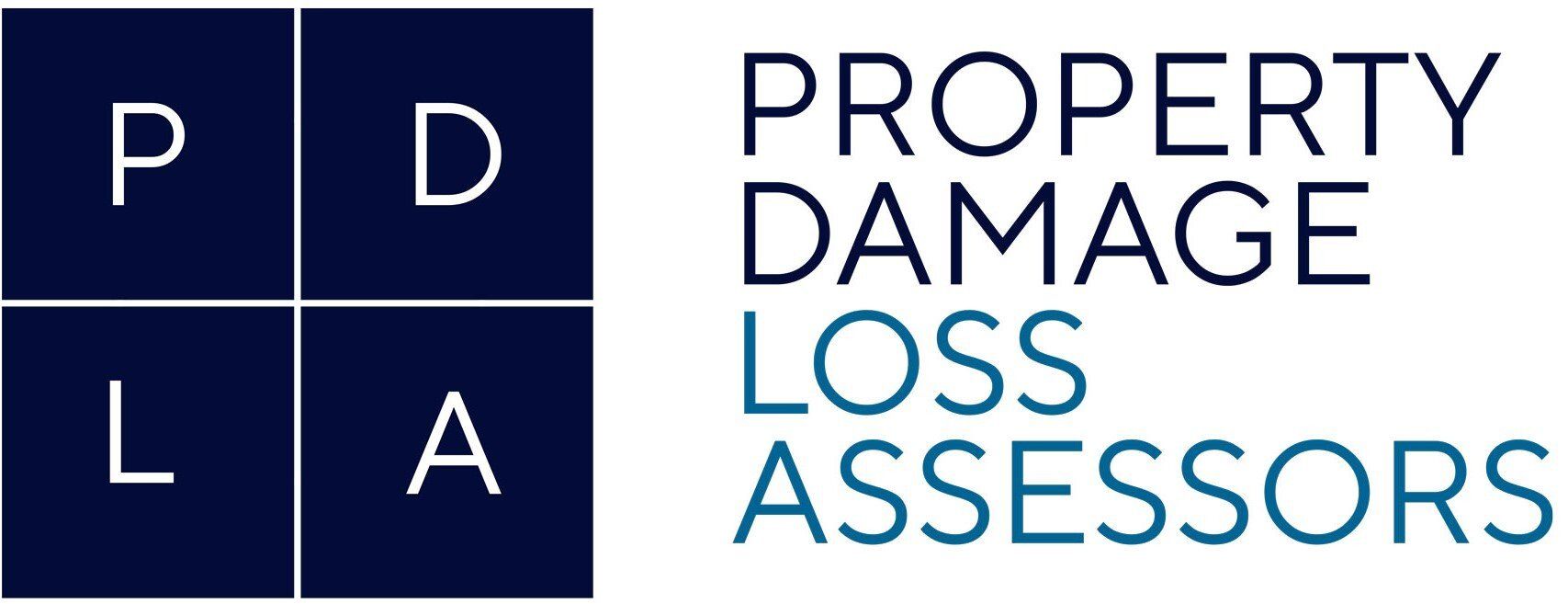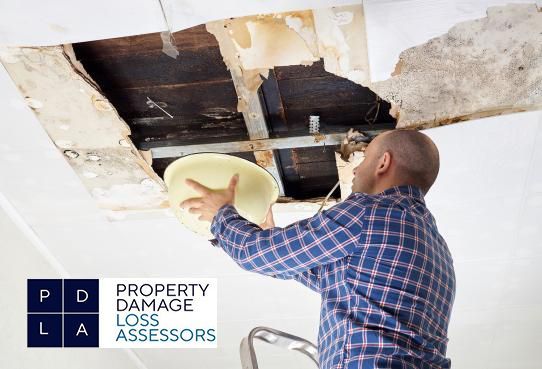What to Do In a Case of Lightning Damage To Property
Lightning damage can happen to anyone, however, we are never fully prepared. We have a guide for you that explains the obvious steps for you to take.
A lightning strike can be a very scary thing to think about. But it happens to the best of us, and it can have a serious impact on your home.
A lightning strike can be a very expensive event, and it’s important to have the right insurance coverage in place. Learn how your homeowners policy will cover lightning damage.
Call the Fire Department
Lightning is one of the most dangerous weather hazards in the country. In a millisecond, it superheats the air to almost 50,000 degrees and causes shock waves that can break foundations, crack concrete and brick structures and break plaster walls.
Homes and other buildings can be hit by lightning in three ways: through direct strikes, through wires or pipes that extend outside the structure, and through the ground. All of these methods can lead to electrical, phone and plumbing systems becoming a fire ignition hazard.
Power surge damage is another common problem, since a lightning strike can cause power to randomly choose its victims and overload the home’s wiring. Televisions, computer systems and other devices that use multiple outlets often die when lightning strikes.
Call Your Insurance Company
When lightning strikes your property it can be one of the most destructive types of damage. While a direct strike to the home can be easy to prove because it causes fires or charring, other types of lightning damage are more difficult.
The most common lightning-related damage is a ground surge. These are spikes in electricity that travel throughout an area, often causing damage to sensitive electronic equipment and house wiring.
These claims can be difficult to collect because it can be hard to determine where the spikes originated from.
The most important thing to do when filing a lightning claim is to document all of the damage. This means taking photos of the area where the strike happened and also pictures of any damaged items inside the home, such as a computer or television set.

Call Your Insurance Agent
Lightning can cause serious damage to your property, especially if it wreaks havoc on the wiring in your home. It can also spark fires that are hard to detect.
In a case like this, it’s important to notify your insurance company right away so you can file a claim. Your policy will cover the cost of repairs, as well as any personal items that have been damaged by lightning.
You should also receive a check for additional living expenses if you’re temporarily unable to stay in your home while repairs are made. These costs typically equate to 20% of your dwelling coverage limit value.
You’ll need to document all of the damages done by lightning to your home and property in order to make a valid claim. Take photos and write detailed descriptions so you can share them with the people who will be reviewing your case.
Call a Professional
If your property was struck by lightning, it is best to call a professional for help. The right person can ensure you are fully covered and that your property is repaired properly.
Lightning damages can include fires and power surges, as well as damage to your appliances, electronics, phones and computers. These losses can be difficult to quantify and may lead to problems with your insurance company.
Depending on your policy, you may be able to get a full refund for your damaged appliances, electronics or phones. If not, you may be able to get replacement value coverage for the loss, which would cover what it’d cost to replace the items with new ones today taking depreciation into account.
Lightning strikes are a natural occurrence that occurs throughout the United States and can cause billions of dollars in damages to business and homeowners alike. It is important to have a plan in place to prepare your business for potential lightning strikes and to be proactive to prevent them from occurring.
If you wish to contact a professional to go over the damage in your house, you can always contact us. Our team is always ready to provide you with all the help your need. Contact us at:
Dublin: 01 6855675
Laois: 057 86 37500
24/7 Helpline: 087 2061411
Navigating Storm Damage Claims on Your Irish Property




